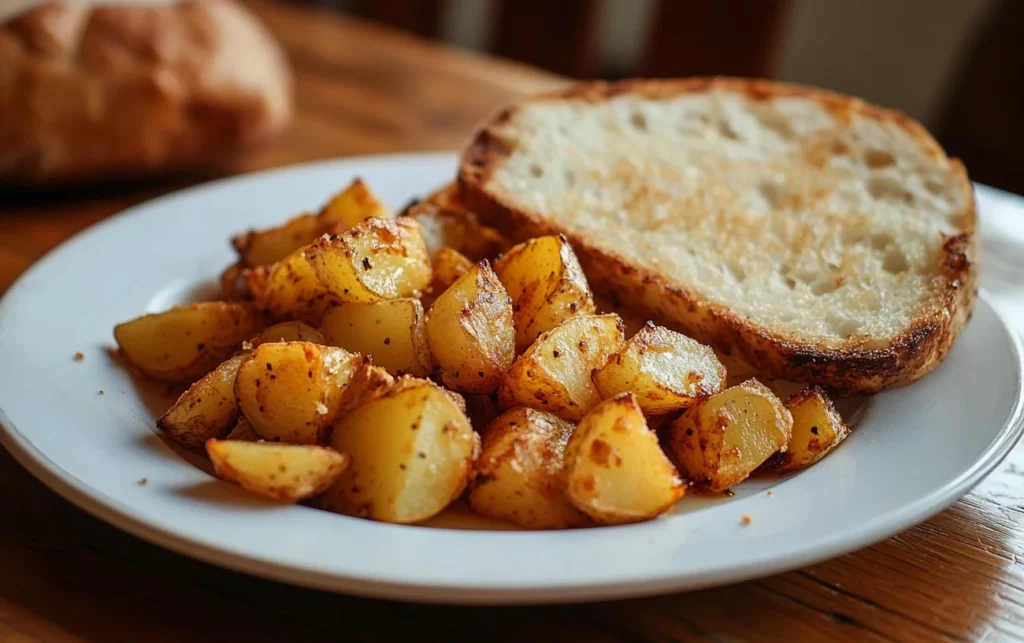Many people enjoy the comforting combination of potatoes and bread, whether it’s a hearty meal of mashed potatoes and a slice of buttered bread or a potato sandwich. However, nutritionists often advise against this pairing for several reasons. This article explores the hidden pitfalls of consuming these two carbohydrate-rich foods together and offers healthier alternatives.
The Carbohydrate Dilemma
Both potatoes and bread are high in carbohydrates. When consumed together, they can elevate blood sugar levels significantly. This spike can lead to energy crashes later in the day, hunger pangs, and cravings for more carbohydrates. By understanding how these foods interact within the body, you can make more informed dietary choices.
Understanding Glycemic Index
The glycemic index (GI) is a measure of how quickly a food raises blood sugar levels. Potatoes, especially when cooked and mashed, tend to have a high GI. White bread, too, is notorious for its rapid glucose release into the bloodstream. Consuming both at the same meal can cause your body to experience a dual surge in glucose, which is harmful in the long term.
Potential Health Risks
Regularly combining potatoes and bread may lead to:
- Weight gain due to excess calorie intake.
- The risk of developing insulin resistance, which can lead to type 2 diabetes.
- Increased cravings for sugary foods.
Healthier Alternatives
Instead of pairing potatoes with bread, consider these options:
- Enjoy roasted potatoes with a side of grilled vegetables.
- Try a salad that incorporates potatoes for a refreshing and nutritious meal.
- Combine mashed potatoes with a source of protein like grilled chicken or fish, which helps stabilize blood sugar levels.
While it may be tempting to indulge in a dish that combines both potatoes and bread, being mindful of their effects on your body can lead to better health outcomes. Making small adjustments in your dietary habits can contribute significantly to your overall well-being. Stay informed and choose wisely!

